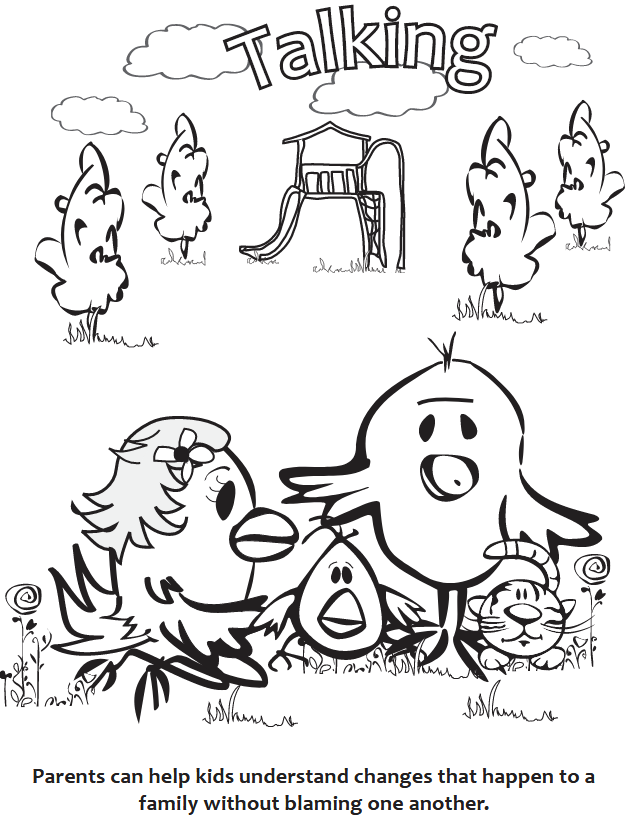Many experts suggest that parents talk to their children openly, honestly and simply about their changing family situation, while ensuring that the children understand that separation and divorce is between the adults and that it will never impact the love they share with their children.
Family law professionals recognize that separation and divorce is difficult for even the most secure and well-adjusted child. They also note that every family is different and children’s reactions vary greatly. Reactions are influenced by age, developmental stage, maturity level, personality, available support from friends, family and the community, and the particular dynamics of the separation or divorce. Younger children may react differently than older children and one child may react with sadness or anger while another might be relieved.
Reactions also vary over time. Sometimes a child can’t accept that the separation or divorce is real or permanent and believe that their parents will have to get back together. After a while they may realize this is not likely to happen and may become angry. They might be afraid that they did something to cause the break-up. They might blame one parent more than the other. And they might be afraid that one or both parents will stop loving them, just like they stopped loving each other. They might feel sad or depressed and all alone.
Despite this roller coaster of emotions, research indicates that most children will eventually come to accept their parents’ separation or divorce and adapt to their new family structure. Talking with other children who are experiencing separation and divorce can help. Listening to a child’s concerns, being sensitive to their emotions and assuring them that together families can get through these challenges can really help. Taking action to address their concerns can further reinforce the fact that their best interests are most important. An adult’s perspective can help a child make sense of the changes their family is going through and help ensure that the child doesn’t feel responsible for the separation or divorce or think that they have the power to fix things.
The Family Justice Services Branch of Saskatchewan Justice offers parent education and information sessions for individuals dealing with family breakdown. The sessions include information about different stages of separation and divorce, options for resolving disputes, children’s reactions to separation and divorce, and parenting after separation and divorce. Parent education can provide parents with valuable information to help deal with issues related to separation and divorce and allow them to focus on arrangements that put a child’s best interests first.
 Menu
Menu


